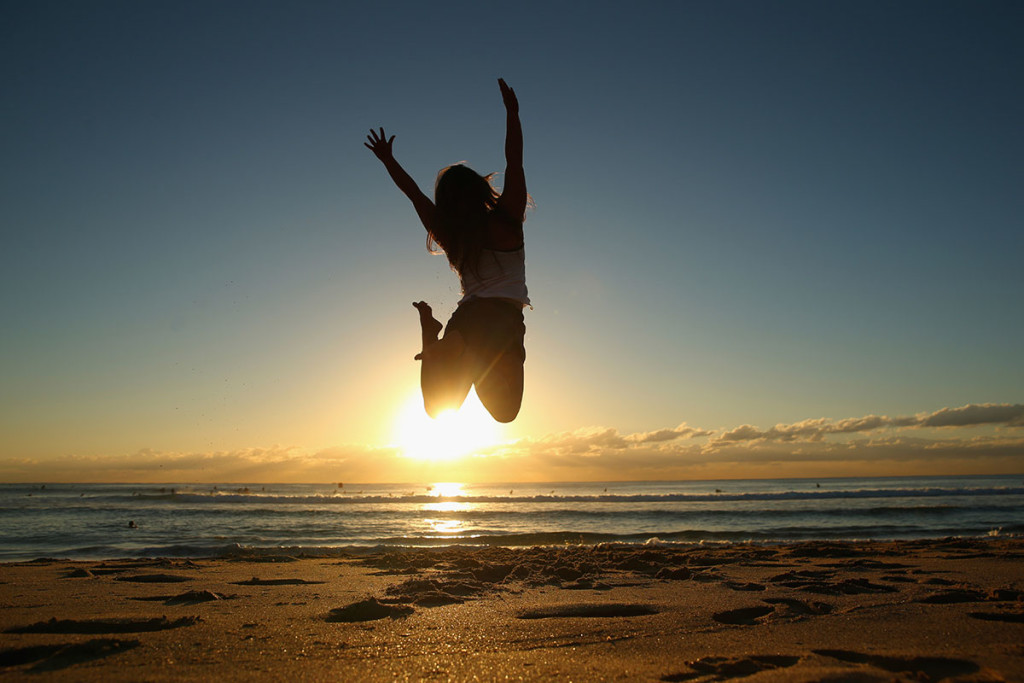Learning to Walk

Sometimes it can seem intimidating or confusing to think about working with a sport psychologist. There is also the question of what a sport psychologist can do to help you. A majority of the skills a sport psychologist can help with are not unknown to athletes: imagery. self-talk, awareness, psyching-up/relaxing, goal setting, motivation, focus, etc. When asked how a sport psychologist can help with these things it can sometimes be best understood when using a comparison to learning to walk; because if someone offered you a course in how to walk what would your reaction be?
Athletes, as they advance in their sport, will hone skills and begin to do things without thinking, with natural movements, and balance. This is also true of when we learn to walk as children – we are off balance, awkward, forced to use considerable concentration, and observe others to help us learn the process. Once we learn to walk we continue to practice and hone that skill. Of course, if we are injured and this upsets our walking gate we will need to compensate, practice, and then eventually return to our regular gate over time. Similarly, if we wish to learn a specific type of walk we must modify or enhance this process – for example walking on a very narrow thing at a considerable height; even though this is still just walking.
Regardless of your sport and the skills you must learn to become elite, the ability to return to basics, navigate new skills, and “own” skills (making them natural, graceful, and fluid) is essential. Sport psychologists can help with this process with efficiency, confidence, motivation, and awareness.